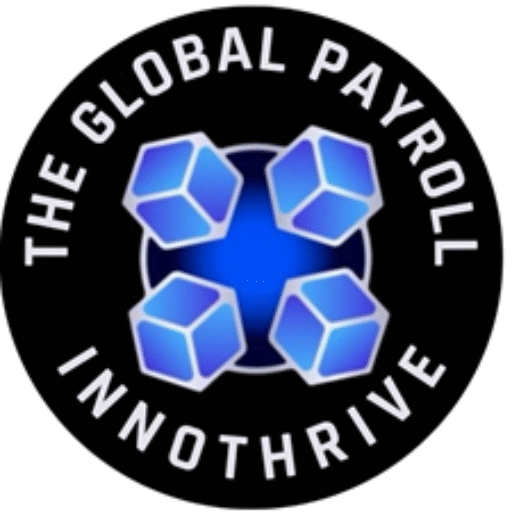EOR Payroll vs Consultant Payroll
Aspect Employee on Record (EOR) Payroll Consultant Payroll Employment Status An individual engaged under an Employer of Record (EOR) arrangement is classified as a full-time employee in terms of role and responsibilities but legally employed by a third-party Employer of Record (EOR). The EOR handles all employment responsibilities, while the employee works exclusively for the client company. The consultant operates as an independent contractor, with a contractual relationship rather than an employment agreement. There is no direct employer-employee relationship. Payroll Processing The EOR manages end-to-end payroll, ensuring salaries are processed accurately and in compliance with local labor laws. The company outsources payroll complexity, making it a hassle-free arrangement. Consultants submit invoices based on pre-agreed terms (hourly, milestone-based, or project fees). Payments are made without traditional payroll deductions, simplifying the employer’s cost structure. Taxation & Compliance The EOR is responsible for withholding taxes, social security contributions, and other statutory deductions, ensuring seamless compliance with local labor regulations. Consultants self-manage their taxes, handling their own filings and there is no requirement to deduct social security contributions and other compliance related to labour laws. Taxation Structure Tax is deducted as per individual income tax slabs, just like a regular salaried employee. This means higher-income employees may fall under higher tax brackets, impacting their in-hand salary. A flat 10% Tax Deducted at Source (TDS) is applicable on consultant payments (as per Section 194J of the Income Tax Act in India). Benefits & Perks Employees under an EOR receive standard employment benefits, including health insurance, paid leave, provident fund, and even stock options where applicable. The EOR ensures these perks comply with labor laws. Consultants do not receive employment benefits. Any additional perks (e.g., health coverage, travel reimbursements) must be contractually agreed upon and may come at a higher negotiated rate. Work Control & Integration EOR employees function as internal staff, follow company policies, use internal resources, and are subject to performance reviews. The company has direct oversight over their work. Consultants work with the company while maintaining some independence in their operations. The company sets project objectives and timelines but does not control their working hours or require exclusive engagement. Consultants have the flexibility to manage their work while meeting the company’s expectations. Engagement Model Typically structured for long-term, strategic hires, aligning with the company’s workforce planning and expansion goals. Suitable for businesses needing dedicated, full-time staff without legal setup hassles. Best suited for short-term or project-based roles, where expertise is needed temporarily. Consultants are often brought in for highly specialized work without long-term obligations. Exit Process Employees under an EOR follow a structured offboarding process, including notice periods, severance (where applicable), and exit documentation. Ensures a smooth transition with minimal risk. Exits are simpler and faster, as contracts typically define clear termination clauses. Companies can disengage consultants making it a flexible staffing option. Ideal Use Case Perfect for companies expanding globally without setting up a legal entity, or those looking to hire full-time employees while outsourcing HR and compliance burdens. Ideal for businesses that require specialized skills on a flexible, cost-efficient basis, particularly for project-based, advisory, or interim roles without long-term employment commitments. INDIA Delhi Office – A-19 , Ground Floor , FIEE Complex, Okhla Industrial Area Phase – 2, New Delhi – 110020, India USA Office – 30 N Gould St Ste R, Sheridan, Wyoming 82801, United States W: https://theglobalpayroll.com
EOR Payroll vs Consultant Payroll Read More »



